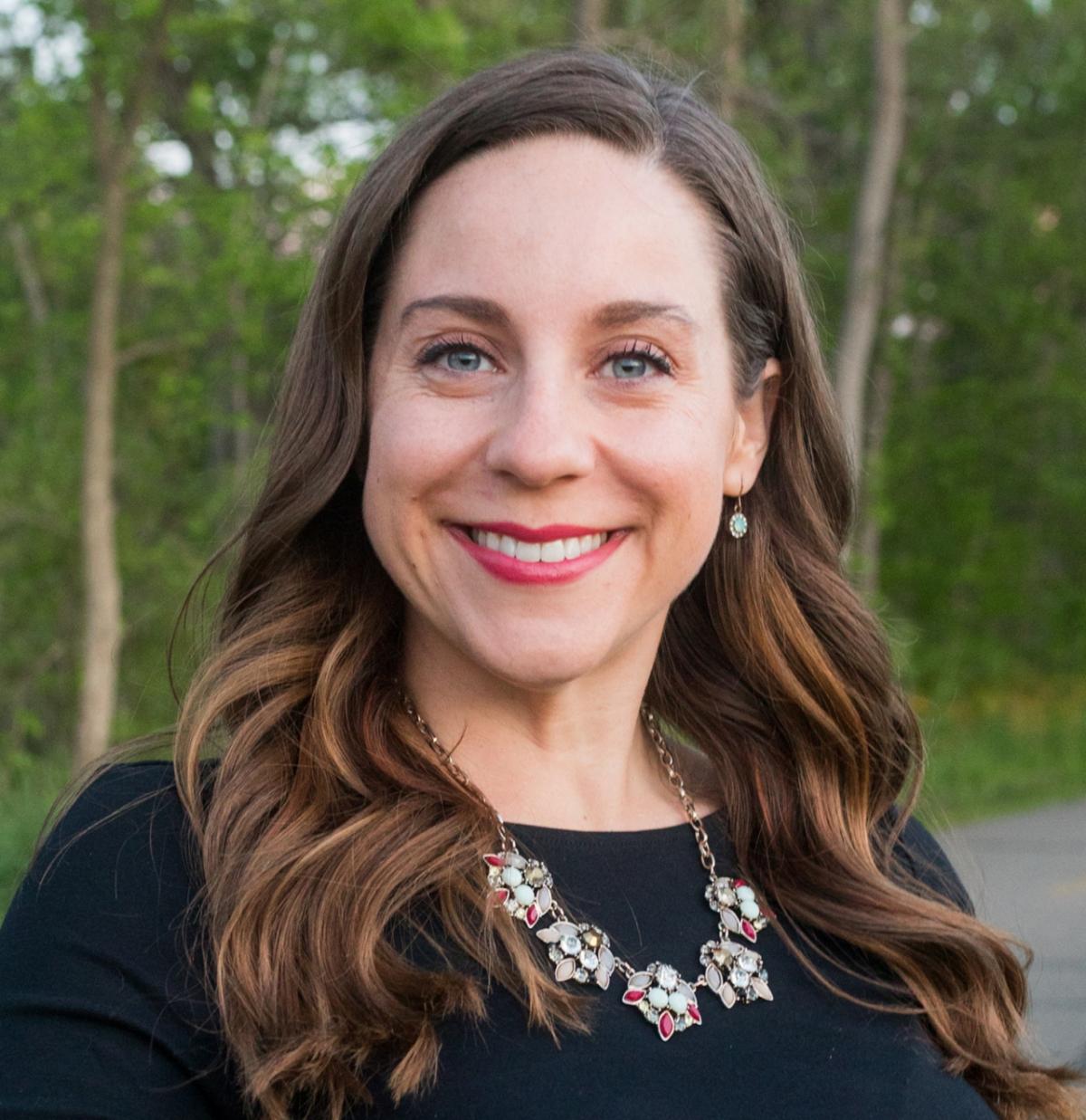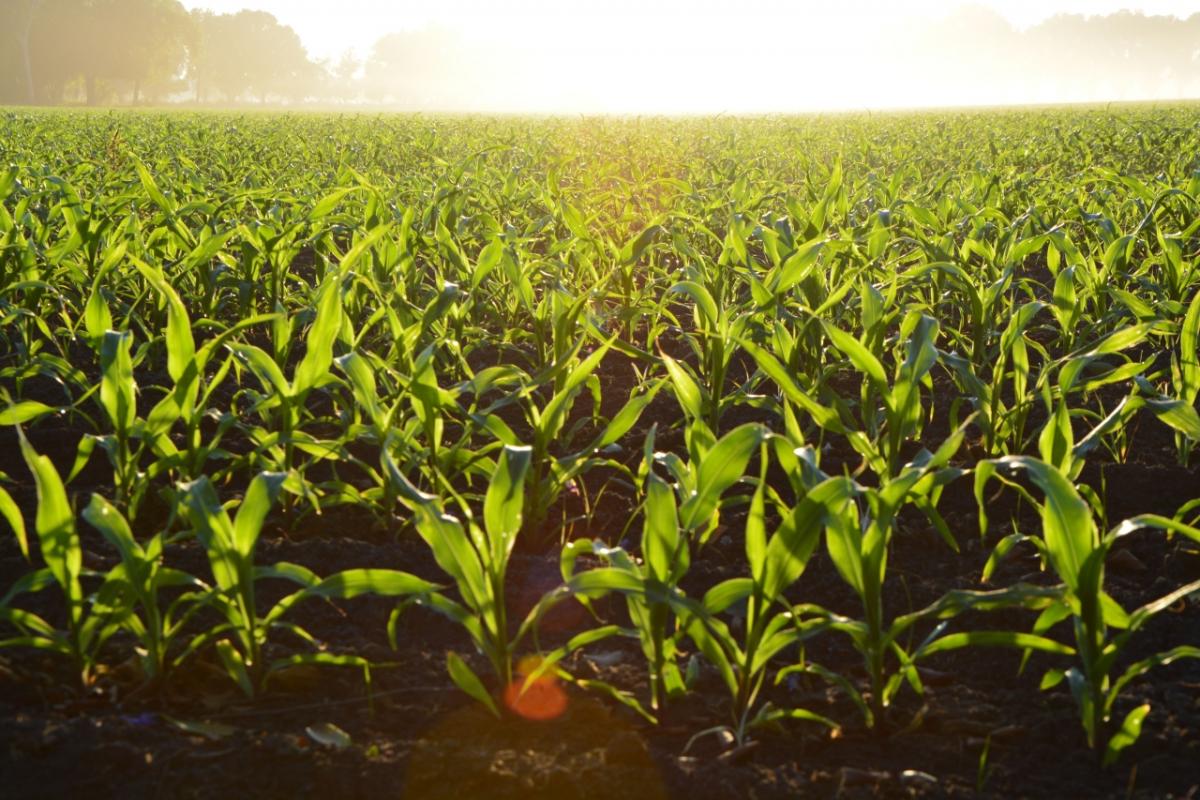Kellogg’s Amy Senter Sits Down With the Erb Institute Ahead of Innovation Forum Detroit
Insights on why measuring sustainability matters and which metrics matter most.
How did sustainability become a career for you?
When I was going into undergrad, I wanted to do something in the sciences and had always had a strong affinity for the environment. I can remember back to my elementary school days when we had a “cans for critters” campaign, where we collected soda cans, and all the money from the recycling went to the San Diego Zoo.
When I saw that the University of Michigan had such a strong program—at the undergraduate and graduate level—I jumped at the opportunity to dive into something I loved.
Prior to working at Kellogg, I was working at the USDA doing environmental law compliance, which was a great learning experience and a different approach to sustainability. However, an opportunity at Kellogg provided the right opening to get back to my business sustainability roots. It wasn’t too long after joining the company that I was able to support Kellogg as we established our second generation of sustainability commitments—our 2020 Sustainability Commitments. The work continues to evolve, which is a lot of fun but is also one of the main challenges of working in the corporate sustainability space: What is material to our business is always changing.
How do you think about the scope of your work at Kellogg?
The team focuses on two primary areas within the sustainability spectrum: responsible sourcing (working with ingredient suppliers to ensure social and environmental goals are tracking with our sustainability commitments) and conservation of natural resources within our own operations (reductions in energy and water use, as well as reducing GHG emissions in manufacturing). In addition, we reach out externally to understand the scientific and stakeholder landscape by partnering with nonprofit organizations and industry groups. We are also seeing increasing interest from our own brand and sales teams to respond to the needs of people who love our foods and care about where our foods come from, how they are made and how they impact communities and the planet.
The theme of the Innovation Forum conference this year focuses on measuring sustainability. Why does this matter, and which metrics matter most when it comes to better understanding sustainability impacts, both social and environmental, at Kellogg?
There is a saying: “You can’t improve what you can’t measure.” Quantifying corporate responsibility is important for a few reasons:
We have a lot of advocates who want to do the right thing, but being able to provide guidance on what is most material for the business—how we measure the impact of what we are doing—helps people understand their individual contribution to meeting our goals.External stakeholders, including investors, nonprofit organizations, advocates, retailers, customers and consumers, often ask, “How do we compare the work you are doing to other companies, and how do we know it’s driving the right outcomes?” Continual assessment is imperative to determine whether we are measuring the right things to drive the right outcomes.
In a corporate setting and for our NGO partners, we are all held accountable to our boards. In the end, is what we are doing consistent with our values, reducing risk and driving growth?



